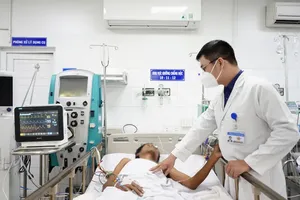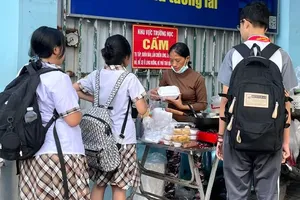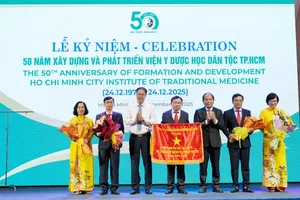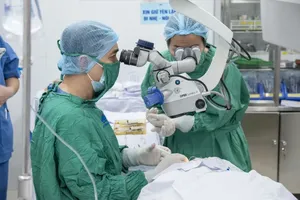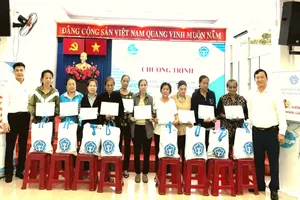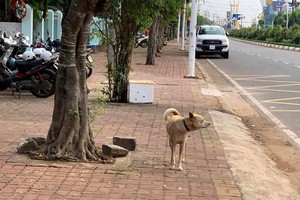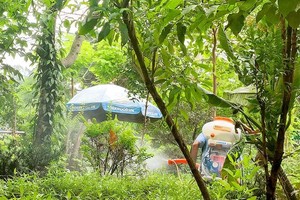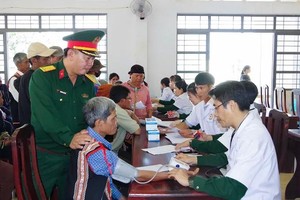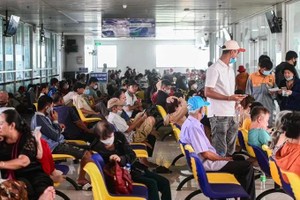According to the Southwestern region Steering Committee, the Mekong delta region has been short of personnel for years in the health sector and there have been many shortcomings need to be stamped out.
According to the committee, over 300 communes in the region has no doctors and most of provinces lack medical workers for preventive medicine, traditional medicine and medical workers treating tuberculosis, mental disease, forensic medicine and surgery.
deputy chief of the Department of Health in the Mekong delta province of Vinh Long Van Cong Minh said that during 20 years the province has had only 2 doctors for treating tuberculosis.
In the next time, when provinces established hospitals for traditional medicine and mental disease, the shortage of doctors will be more serious. The provinces in the region even planed to make contract with retired doctors to work again.
There has been a paradox that while the region is lacking medical workers, graduates from medicine schools don’t want to work in local hospitals. Statistic reports show just around 40 percent of general practitioner graduates agreed to work in local medical facilities. The rate for dentists, pharmacists, nurses and community nurses are 23.8 percent; 18.64 percent; 50 percent and 42 percent respectively.
In 2014, Soc Trang province had 39 students graduating from medicine school yet no-one agreed to work in local hospitals.
Similarly, the rate of medicine graduates in Bac Lieu Province who worked in local hospitals is very low. The reason is that policies are not attractive to students; additionally, facilities in the province are not well-equipped so graduates don’t have chance to improve their skills, said a leader of the province.
As a result, the Committee and the Ministry of Education and Training have petitioned to the government special enrollment policies to supply personnel for the region. However, the training just meets 20 – 30 percent of demand. In 2014, 172 doctors and pharmacists were trained and 436 doctors, pharmacists, nurses who worked and studied at the same time returned their localities to work after graduation.
Dr. Pham Van Linh, head master of Can Tho Medicine University said that the university train general doctors and after graduation, graduates will be re-trained in specialities. Meantime Professor Pham Van Linh proposed the government and related agencies to increase spending on healthcare science speciality as training cost is higher than other specialities.
Duong Quoc Xuan, deputy chief of the Committee said that the training polices to provide personnel for medical sector in the Mekong delta at first has improved much but it was difficult to incourage graduates to return to their hometown to work. Accordingly, it needs to add more proper policies.
